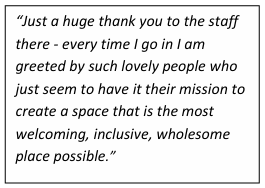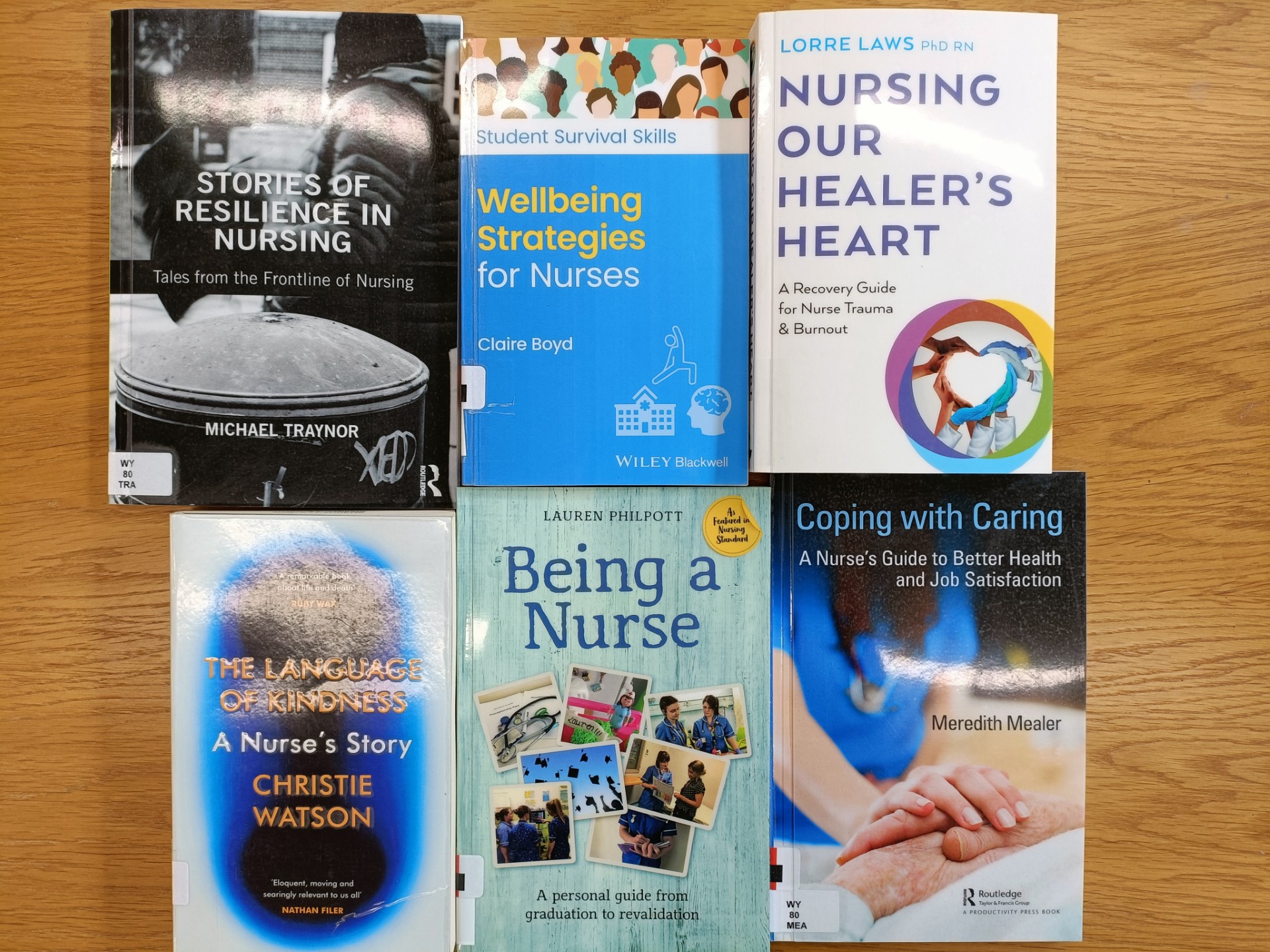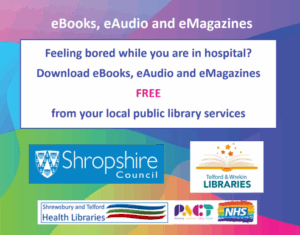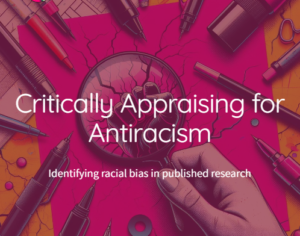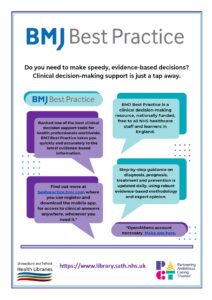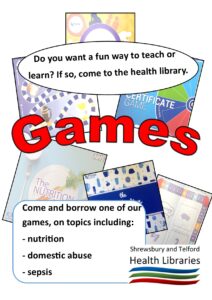Earlier this year, we carried out a survey of our users to find out what you thought about the library service. In all, we had 114 responses, and lots of positive comments and examples of the impact our services have had.
We asked respondents that had used our services in the last 12 months to rate the overall service to them. 85% rated us as excellent, with another 15% rating us as good and 2% as satisfactory. No respondents rated the service as inadequate.
There were lots of useful comments about ways we could improve, and we'll shortly provide more information about what we've done in response.
Please do have a look at the results, and thank you to everyone that responded.

